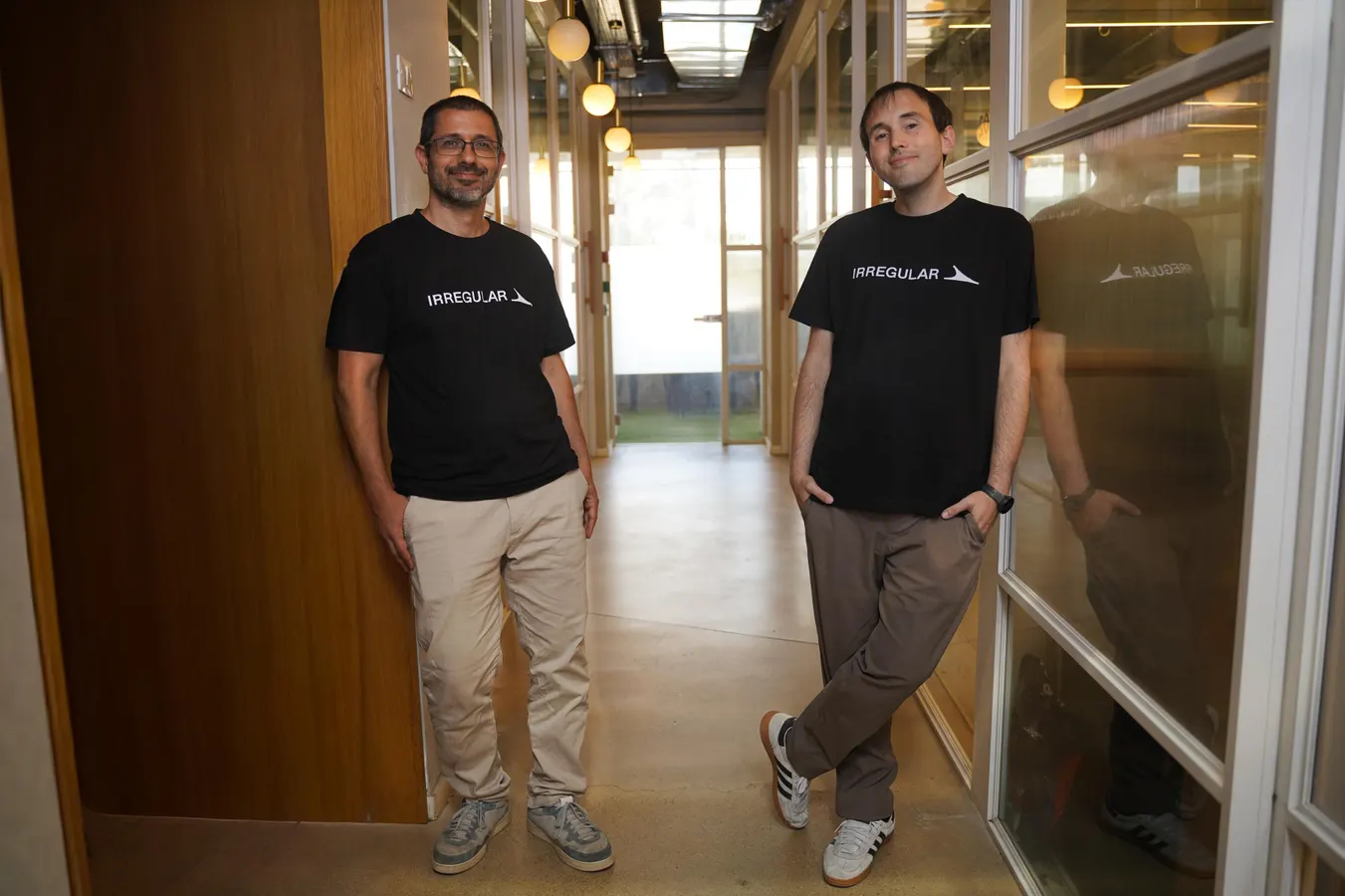By Ghana News
Copyright ghanamma

The Ghana Employers Association (GEA) has called for strategic policy reforms including a Job Creation Tax Credit to address unemployment challenges as 10 million young Ghanaians prepare to enter the labour force by 2040.
GEA President Nana Dr. Emmanuel Adu-Sarkodee Afriyie presented comprehensive proposals to government during the association’s 65th Annual General Meeting in Accra, emphasizing private sector readiness to support employment generation with appropriate incentives.
The proposal aligns with recent collaboration between the GEA and Trades Union Congress (TUC) Ghana, who issued joint demands on September 16, 2025, for coordinated policy action to accelerate productivity growth and economic transformation across key sectors.
Labour Minister Dr. Abdul Rashid Hassan affirmed government commitment to leveraging technology for sustainable job creation while strengthening public-private partnerships during his address at the employers’ meeting on September 18, 2025.
The Job Creation Tax Credit would incentivize businesses to expand employment while supporting President Mahama’s 24-hour economy policy, designed to maintain continuous industrial and service operations to boost national productivity.
Adu-Sarkodee Afriyie emphasized that SMEs account for over 80 percent of Ghana’s employment but face significant credit access challenges. The association recommends strengthening rural and community banks’ operational capacity to provide consistent, affordable financing for local enterprises.
The proposals include establishing a National Employment Summit bringing together government, employers, labour unions, academia, and civil society to develop practical solutions for job creation challenges facing Ghana’s expanding youth population.
Industrial harmony through enhanced social dialogue emerged as another priority, with the GEA arguing that trust between employers, employees, and government creates stable environments for business growth and investment attraction.
Ghana Statistical Service data indicates approximately 10 million young people will enter the labour market by 2040, creating unprecedented pressure on the economy to generate sufficient employment opportunities to prevent social instability.
The Association of Ghana Industries (AGI) has supported calls for seamless transition from the One District, One Factory initiative to 24-hour economy incentives, indicating broad private sector alignment on employment-focused policies.
Dr. Adu-Sarkodee Afriyie has previously advocated for STEM and Technical and Vocational Education and Training programs to bridge the academia-industry skills mismatch, addressing employer concerns about graduate preparedness for modern workplace demands.
The employers’ proposals come amid ongoing economic challenges including currency depreciation and inflation concerns that have prompted calls for single-digit inflation targets and effective monetary policies to stabilize business operations.
Government pledges readiness to partner with the GEA in addressing employment challenges, signaling potential policy dialogue on the association’s comprehensive reform package aimed at strengthening private sector competitiveness.
The recommendations reflect private sector recognition that employment creation requires coordinated approaches involving fiscal incentives, financial sector reforms, and institutional frameworks that support enterprise expansion and job generation.
Success in implementing these measures could position Ghana to harness its demographic dividend effectively, transforming the youth bulge from a potential economic burden into a productive workforce driving sustainable development.
The GEA’s emphasis on collaboration between government and business underscores the critical role of public-private partnerships in addressing structural unemployment and creating decent work opportunities for Ghana’s growing labour force.



